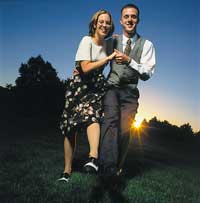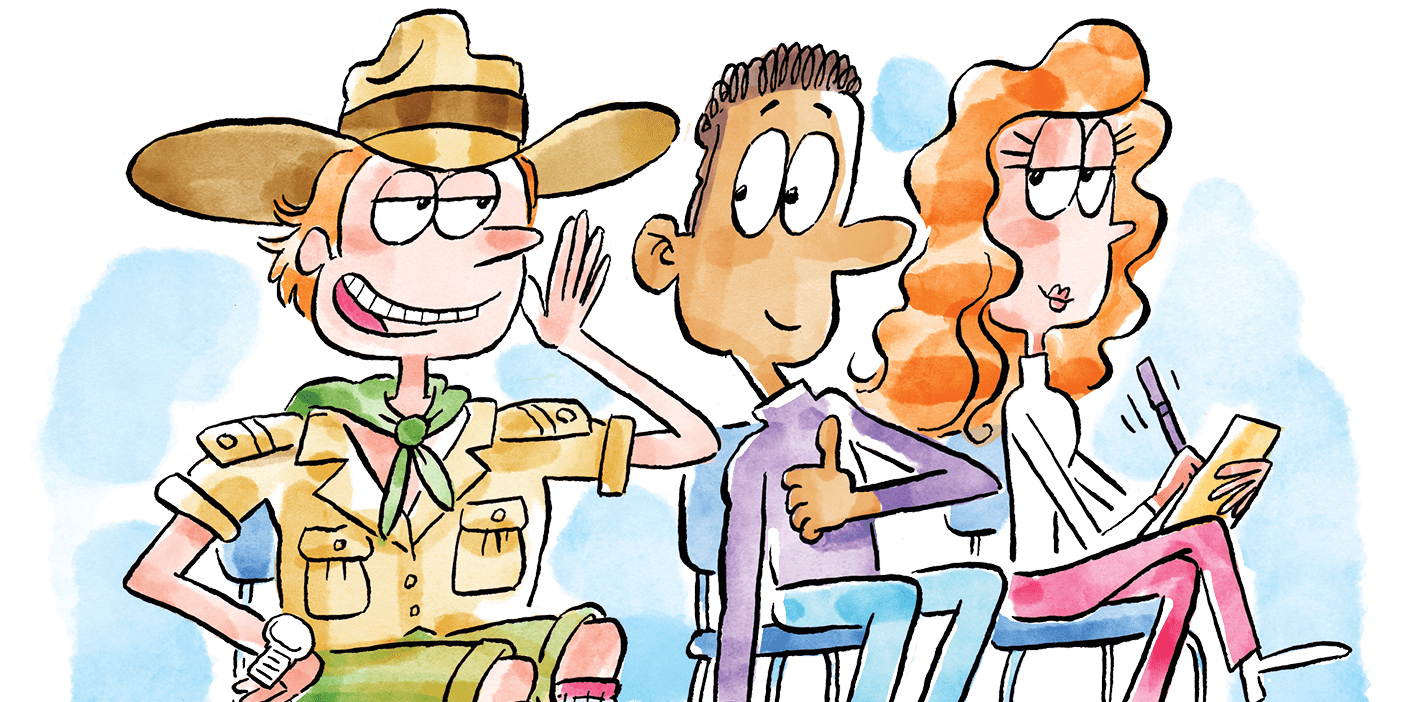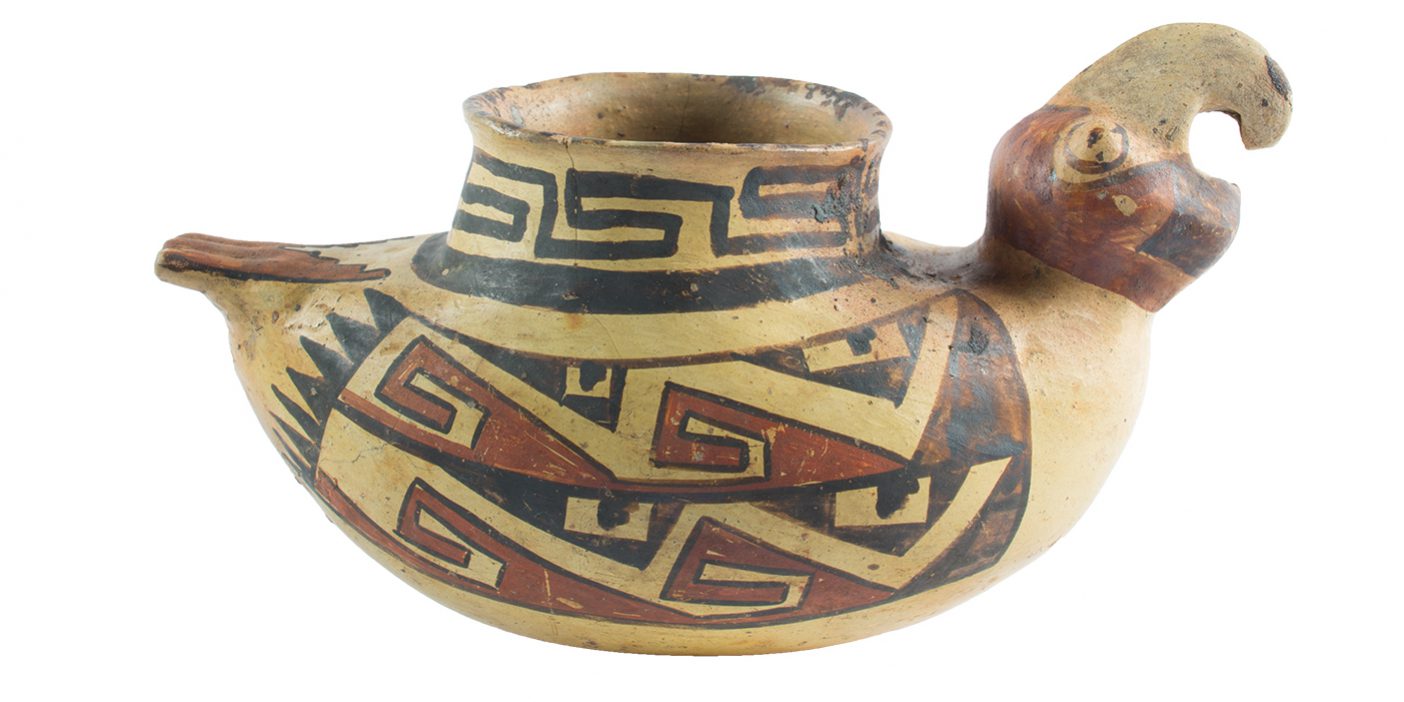RISE: Seven Questions for an Inspiring Alum
Candace Kay Andersen (BA ’82, JD ’85) had four kids 6 and under when she applied to serve on rent-stabilization and parks commissions in Morgan Hill, Calif. The BYU law grad had put her career on hold to raise her children after working as an attorney for six years, but she was anxious to use her background to support her community.
When the city council appointed her to the commissions, she says, “a peace came over me of ‘This is what you’re supposed to be doing.’”
Over the next two decades, she served as a city council member and then as a two-term mayor. In 2012 she was elected to the Contra Costa County Board of Supervisors—essentially a city council for the county of 1 million residents.
Here she shares lessons and tips learned in 25 years as a public servant.
What is most rewarding about being involved?
Being able to look around and feel like I’ve made a difference, whether it be a new park that’s put in, a historic building that has been preserved, or helping someone work through the red tape of opening a business or building a home.
How do you deal with critics?
I’ve developed a very thick skin, and some of that I attribute to being a mother. But from day one, I’ve been in meetings where people are yelling from the back of the room; I’ve had angry phone calls and angry e-mails. But my job as an elected official is to listen. And even if I don’t like the tone of what someone is saying, I will always, always listen and hopefully help them articulate what they’re trying to say in a way that is effective and that other people can hear.
How can we contribute to conversations that have become divisive?
The voice that is most effective is the one that is calm, is respectful, acknowledges both sides of the issue, and comes up with a good solution. It’s not the voice that is loudest in volume; it’s not the voice that is most critical.
Why have you focused on local politics?
When you work locally, you’re not mired in partisan politics. You can really just get the job done. A pothole is neither Republican nor Democrat, it’s just a pothole that needs to be filled.
Best stay-awake-in-a-long-council-meeting tip?
Dove dark chocolate. I always have one or two in my purse. A square will give me another hour boost easily.
Any tips for a novice on getting involved?
Start reading your local papers or online periodicals, figure out what the issues are and what interests you. Then talk to the people involved in that issue to see if there’s something you can offer. And as elections approach, if there’s a cause that mirrors your passions or a candidate who shares the values that are most important to you, get involved in campaigning, whether it be offering to stuff envelopes, making phone calls, or walking door-to-door.
Thoughts on work–life balance?
My mantra really is, particularly directed to women, we can do it all, but we don’t have to do it all at once. That’s something that has been very helpful for me, to really embrace the concept of a time and a season for everything and just enjoy every season I’ve had in my life.









